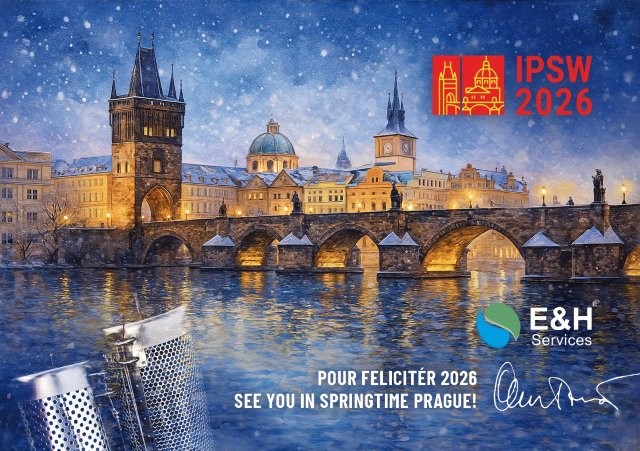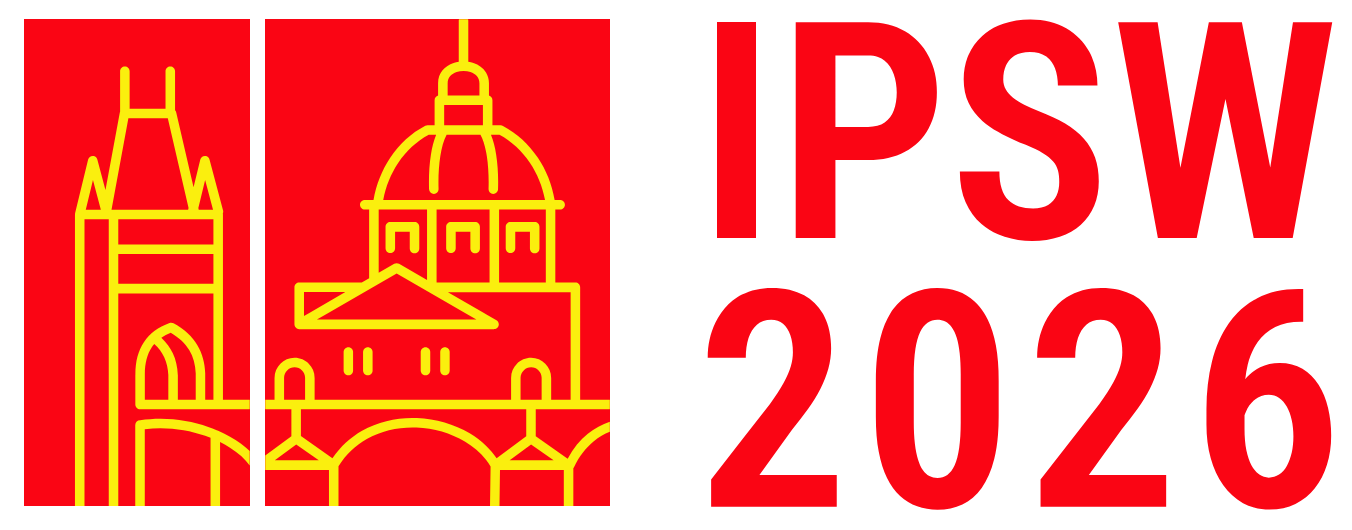
About IPSW
IPSW aim to attract a diverse audience from experts in the passive sampling development and application technologies to new users becoming more familiar with the PS advantages. All together working to advance the science behind PS and increase the use of PS approaches to meet risk assessment, policy, and regulatory needs. The IPSW platform has transformed from a local event into an internationally recognised platform of experts in the PS field.
With the continued maturation of passive sampling, this meeting will provide opportunities to share knowledge and experiences related to specific practical applications of these tools, novel uses, regulatory acceptance, and future directions of development.

15th IPSW in Prague: 13th-15th May 2026
On behalf of the organisers and the Scientific Committee, we invite you to the 15th International Passive Sampling Workshop and Symposium (IPSW 2026) in Prague, the Czech Republic, from Wednesday, 13th May, to Friday, 15th May 2026.
Please, save the date!
The first announcement and call for papers is here: IPSW 2026 First Announcement v1.
We are calling for sponsors and exhibitors, please, look at the side
We are looking forward to seeing you in springtime Prague
Topics
The conference programme welcomes presentations covering topics reflecting the development and application of passive samplers in water, sediment/soil and air:
- Hydrophobic compounds
- Polar compounds
- Metals, metalloids, and inorganic compounds
- Passive sampling methods in ambient and indoor air
- Development of novel passive sampling devices
- Application of passive sampling in case studies and monitoring programmes
- Toxicity assessment coupled with passive sampling methods
- QA/QC, data analysis and standardisation related to passive sampling
- Strategies for the implementation of passive samplers in legislation
Do not hesitate to contact us and propose additional topics

